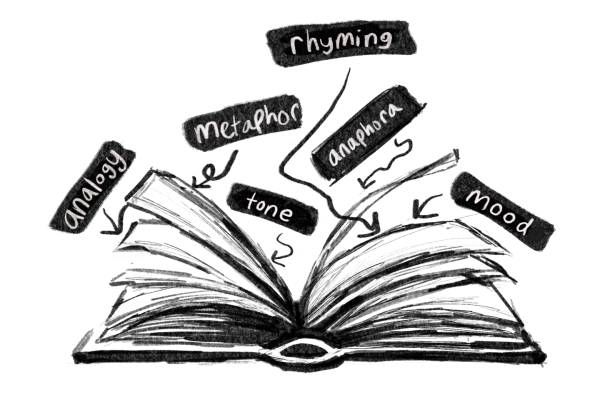Interpreter of Maladies is a heartbreaking tale of a dishonest woman begging for absolution. It was taught in my 9th grade English class. The story enthralled me. The night I finished reading it, I eagerly looked forward to discussing it in class the following day. It was rather disappointing to find that the discussion had very little to do with the short story itself. Rather, we spent an entire class discussing the point of view and literary devices. Even if opportunities for more free-form discussion are present, strategies prioritizing easily testable information often win in American classrooms–LM’s included. However, this style of learning misses out on some of the most important aspects of reading and comprehension.

First of all, this emphasis on testability eliminates the opportunity for students to learn empathy. In a highly polarized country, with multiple viewpoints constantly warring, it is imperative that people are able to understand each other. Reading and discussing fiction, not just picking apart literary devices, can help bolster this understanding in students. According to a study by the University of Rochester, reading fiction actually produces a “small, statistically significant improvement in social-cognitive performance.” Social cognitive performance includes the ability to understand other people’s emotion. Moreover, reading fiction actually creates a “sharper ability to comprehend other people’s motivations,” according to Harvard Business School. This is because fiction allows for people to step into a life much different than their own. Discussing literature in-depth during class allows students to build these empathy skills. In order to create a more empathetic and understanding world, we must allow students to discuss and read fiction.
Understanding other people is a clear pathway into communicating effectively with them. Alternatively, a focus on standardized testing often detracts from students learning communication through their reading. In order to be successful in any aspect of life, it is undoubtedly important to communicate with other people. Reading fiction for its deeper meaning can actually help students with this. This is because discussions in class can help students practice communicating to others respectfully and constructively. However, when classes focus on “teaching to the test,” it becomes more difficult for students to build these valuable communication skills. Overall, reading and discussing fiction in class can help students become better communicators.
Some people may argue that analysis leads to better test scores. Yes, analysis and comprehension may boost test scores slightly. However, in order to create competent and empathetic students, English classes must also include meaningful discussion. This, coupled with stricter analysis, actually leads to a greater understanding of the content. However, it is understandable why many teachers stick to “teaching to the test.” Their career may hinge on student test scores. This barrier is removable. To minimize any negative effects on individual teachers who change their curriculums, change in English classrooms could come from the federal level.
Overall, “teaching to the test” does not maximize the value of reading literature in class. When we read for the story along with stricter comprehension, it makes for a more engaging English class and more benefits overall.





